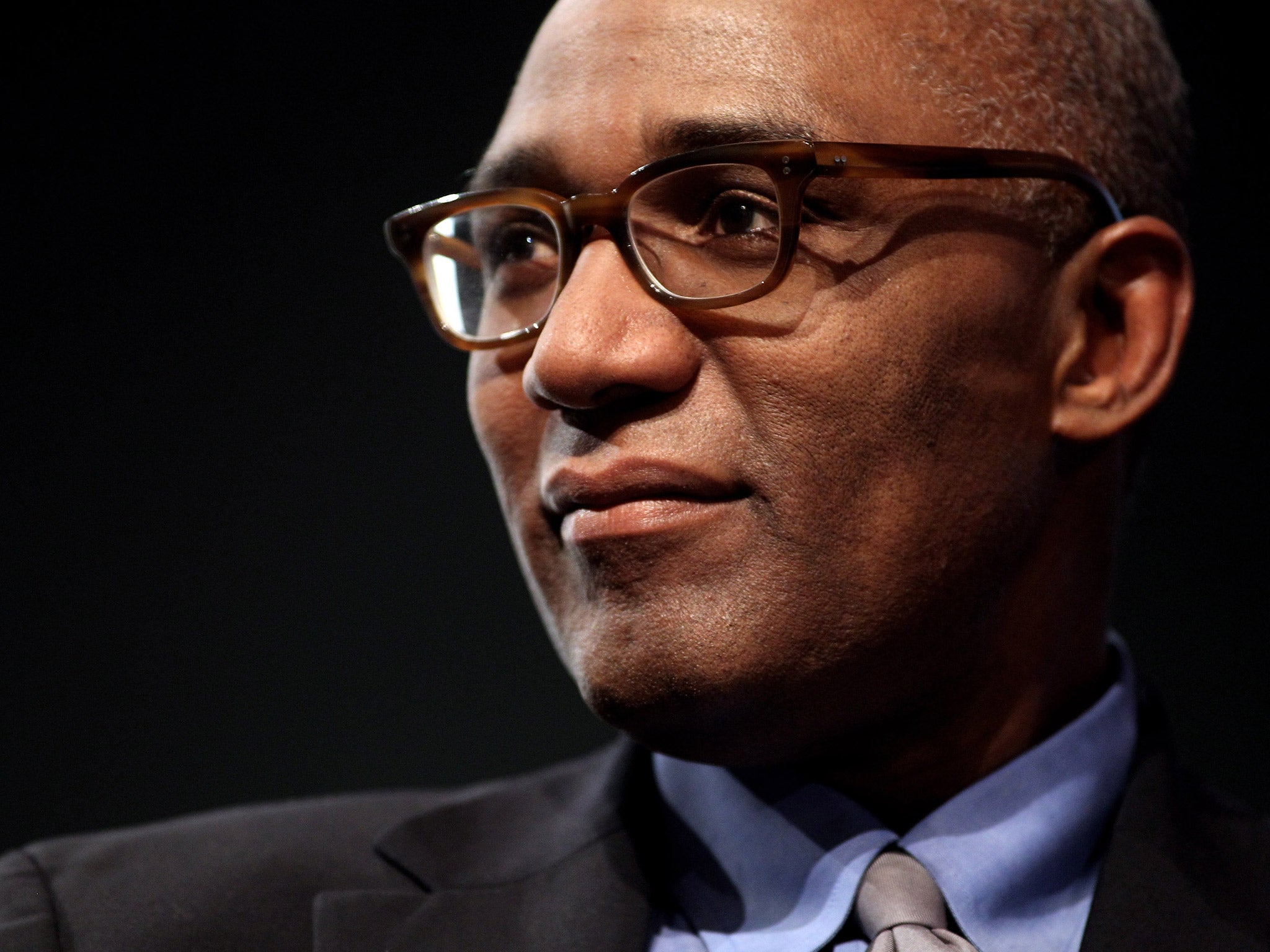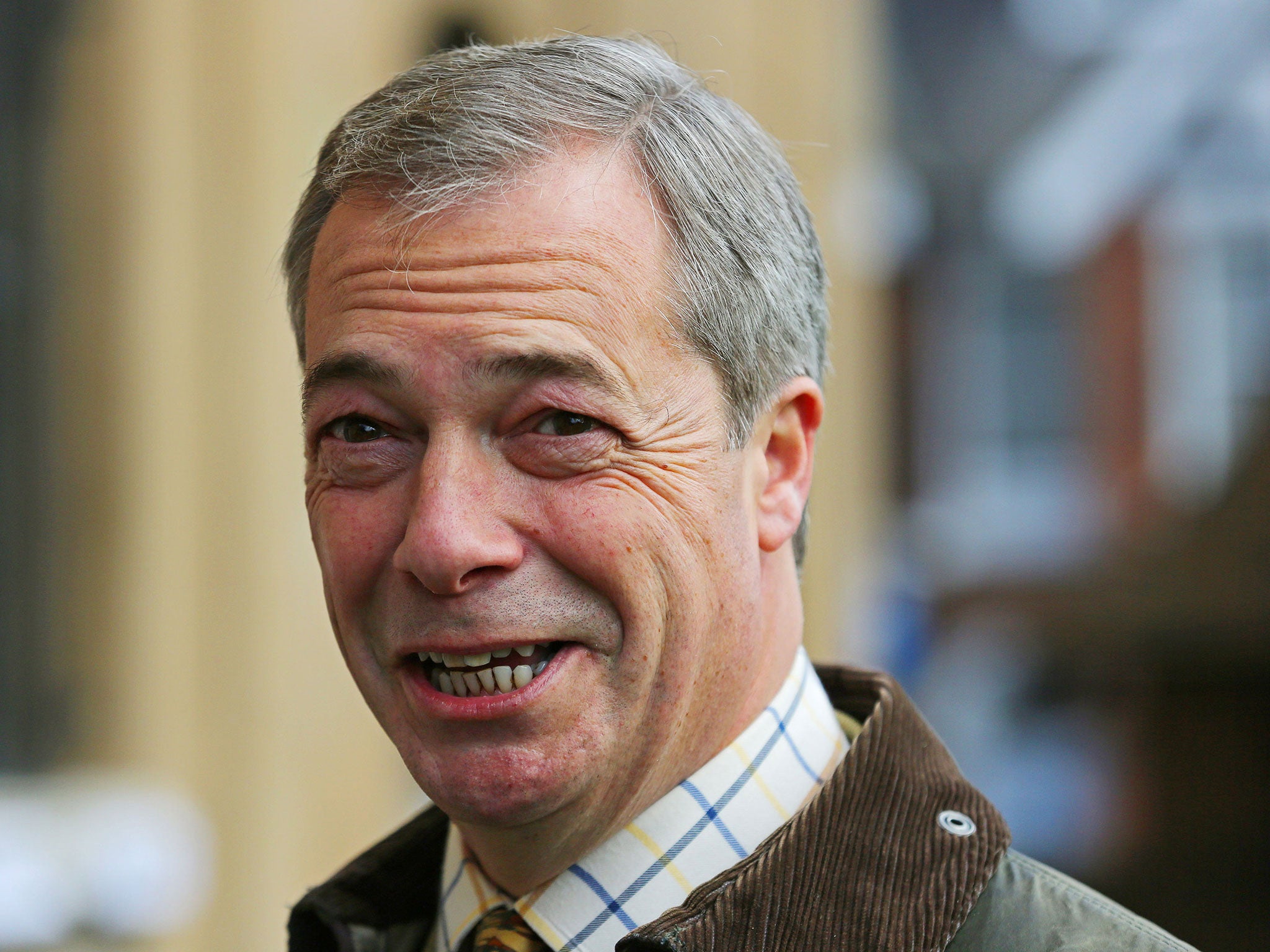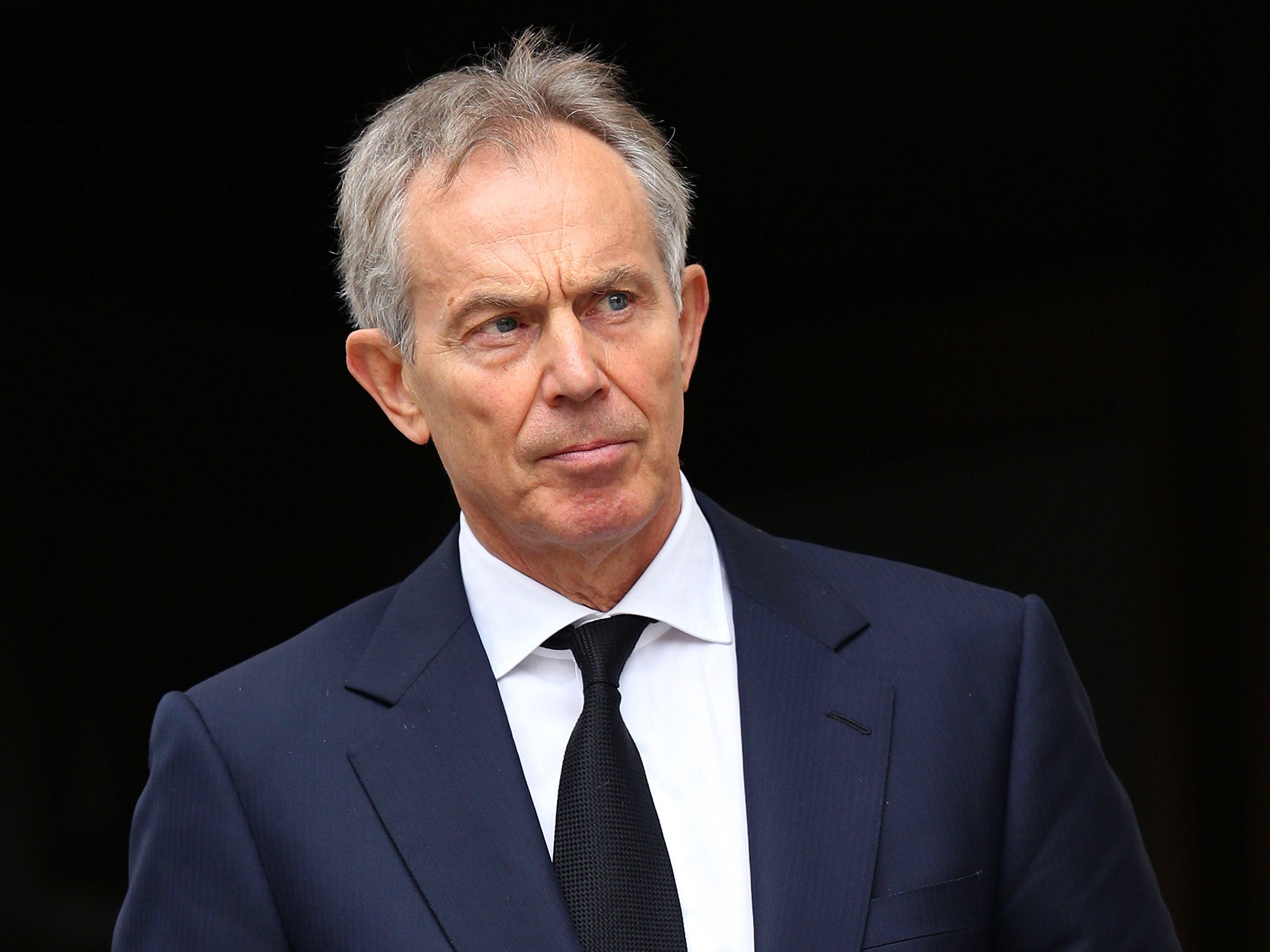Trevor Phillips: Politicians are 'too scared' of speaking their minds about race
Ex equalities chief says 'fear' over offending minority groups had caused significant harm to the UK

Your support helps us to tell the story
From reproductive rights to climate change to Big Tech, The Independent is on the ground when the story is developing. Whether it's investigating the financials of Elon Musk's pro-Trump PAC or producing our latest documentary, 'The A Word', which shines a light on the American women fighting for reproductive rights, we know how important it is to parse out the facts from the messaging.
At such a critical moment in US history, we need reporters on the ground. Your donation allows us to keep sending journalists to speak to both sides of the story.
The Independent is trusted by Americans across the entire political spectrum. And unlike many other quality news outlets, we choose not to lock Americans out of our reporting and analysis with paywalls. We believe quality journalism should be available to everyone, paid for by those who can afford it.
Your support makes all the difference.Politicians are too scared of talking openly about race issues and multiculturalism has become a “racket”, a former equalities chief has said.
Trevor Phillips, the former chairman of the Equality and Human Rights Commission, said too many people were afraid of speaking their minds in fear of being branded a racist and attacked Tony Blair for pursuing a mass immigration policy.
Speaking ahead of his Channel 4 documentary, Things We Won’t Say About Race That Are True, which is due to be aired on Thursday, Mr Philips suggested some ethnic groups had become “isolated”.
The unwillingness to address the issue had led to the rise of “angry, nativist political movements”, he said.
His comments follow last week’s suggestion by Nigel Farage, speaking to Mr Phillips for the documentary, that race discrimination laws should be scrapped.

Writing in the Daily Mail, Mr Phillips said the failure of politicians to speak openly about race had led to a number of institutional failures.
Authorities turning a “blind eye” to racial issues had contributed to child grooming scandals in cities such as Rotherham and Rochdale, he said.
Other instances where Mr Phillips said silence over race had done harm was when a film warning young people against the dangers of grooming was blocked because it included an Asian perpetrator abusing white girls.
And the fear over causing offence had also contributed to the failure to save Victoria Climbie, an eight-year-old Ivorian girl who was tortured and murdered by her guardians in 2000, Mr Phillips suggested.
Mr Phillips wrote: "The perverse and unintended consequences of our drive to instil respect for diversity is that our political and media classes have become terrified of discussing racial or religious differences. Our desperation to avoid offence is itself beginning to stand in the way of progress. And all too often the losers are minority Britons.
"Preventing anyone from saying what's on their minds won't ever remove it from their hearts. People need to feel free to say what they want to without the fear of being accused of racism or bigotry."

Attacking Mr Blair's policy towards multiculturalism, Mr Phillips wrote: “While beautiful in theory, in practice multiculturalism had become a racket, in which self-styled community leaders bargained for control over local authority funds that would prop up their own status and authority.
“Far from encouraging integration, it had become in their interest to preserve the isolation of their ethnic groups.”
In the documentary, Mr Blair refuses to admit that his decision in 2004 to allow migrants from new EU member states to come to the UK freely was a mistake.
The former prime minister said the influx would have “happened anyway”, adding it “made sense at the time” to open Britain’s borders at a time when France and Germany had maintained controls.
Mr Phillips, a Labour London Assembly Member, also admitted he felt he bore some responsibility for the July 7 bombings in 2005 because, as then head of the Commission for Racial Equality, he failed "to see what was coming".
He said: "Because I had made it my business to spend part of each week in a community outside London, I already knew some groups were becoming so isolated that values and ideas which most people would find alien were tolerated and even encouraged.
"But we had said little about it and done even less. After 12 months at the CRE I had come to the conclusion that, while beautiful in theory, multiculturalism had become a racket in which self-style community leaders bargained for control over local authority funds that would prop up their own status and authority. Far from encouraging integration it had become in their interest to preserve the isolation of their ethnic groups."
Right-wing political movements which have surged in support across Europe, such as the National Front in France, were a fuelled by political correctness, Mr Phillips added.
In the documentary Mr Farage, when asked if he would retain bans on discrimination on the grounds of race or colour, said: "No... because we take the view, we are colour-blind. We as a party are colour-blind."
But he later moved to clarify his comments, which drew cross-party condemnation, saying in a statement: "My comments to Trevor Phillips were lauding the progress of race relations and equality in this country. Britain's media should be proud of this fact instead of trying to do it down.
"Ukip is the only party that is suggesting that Britain's employers should be free to employ British workers, regardless of creed or colour."
The documentary is to be aired on Channel 4 on Thursday at 9pm.
Join our commenting forum
Join thought-provoking conversations, follow other Independent readers and see their replies
Comments